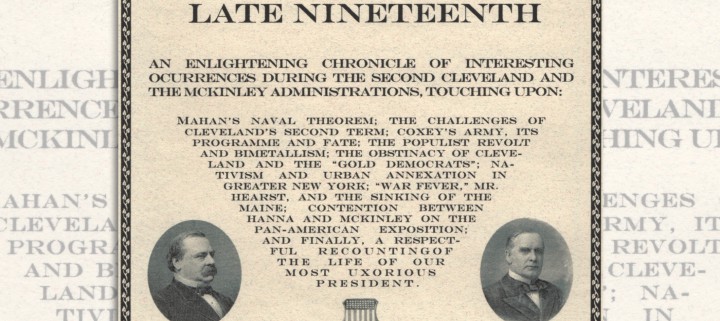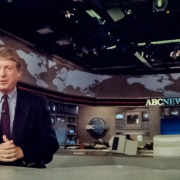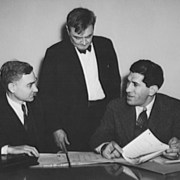Late Nineteenth: Today’s News Ripped from Yesterday’s Headlines
In 2003, after Behind the Backlash was published, I needed a break from cutting-edge historiography. But I still yearned to read history. So when I encountered a copy of In the Days of McKinley, I bought it. Margaret Leech’s classic (it won a Pulitzer Prize in 1960) was the book that had first started me thinking about graduate school more than fifteen years earlier. I rediscovered what had fascinated me in history before I had been trained: the importance of individuals, the strivings of groups, the exhilaration people experience as they are making history, the disappointment they feel after realizing that “history” has had its way with them, and the power of a story well told. I plunged into a personal curriculum of classic popular history.
When I first checked In the Days of McKinley out of the library, I had been a rock musician. Now, rather than performing for audiences I was working with computers, which made songwriting and multi-track recording much easier.
In 2004, the curriculum and the computers gave rise to Late Nineteenth, a historical concept album (I thought of it more as a play) that began with Alfred Thayer Mahan before a chalkboard at the Naval War College and ended with a handful of Ohioans gathered around a country store stove telling stories about the recently assassinated president.
Today the themes that seemed so refreshingly past in 2004 have become depressingly present. So if you are interested in today’s news ripped from yesterday’s headlines—things like political scandal, populist politics, tariffs and protection, an extraordinary split in one of the two major parties, and an attempted march on the Capitol—give Late Nineteenth a listen on the streaming service of your choice.

 Public
Public




 Public
Public